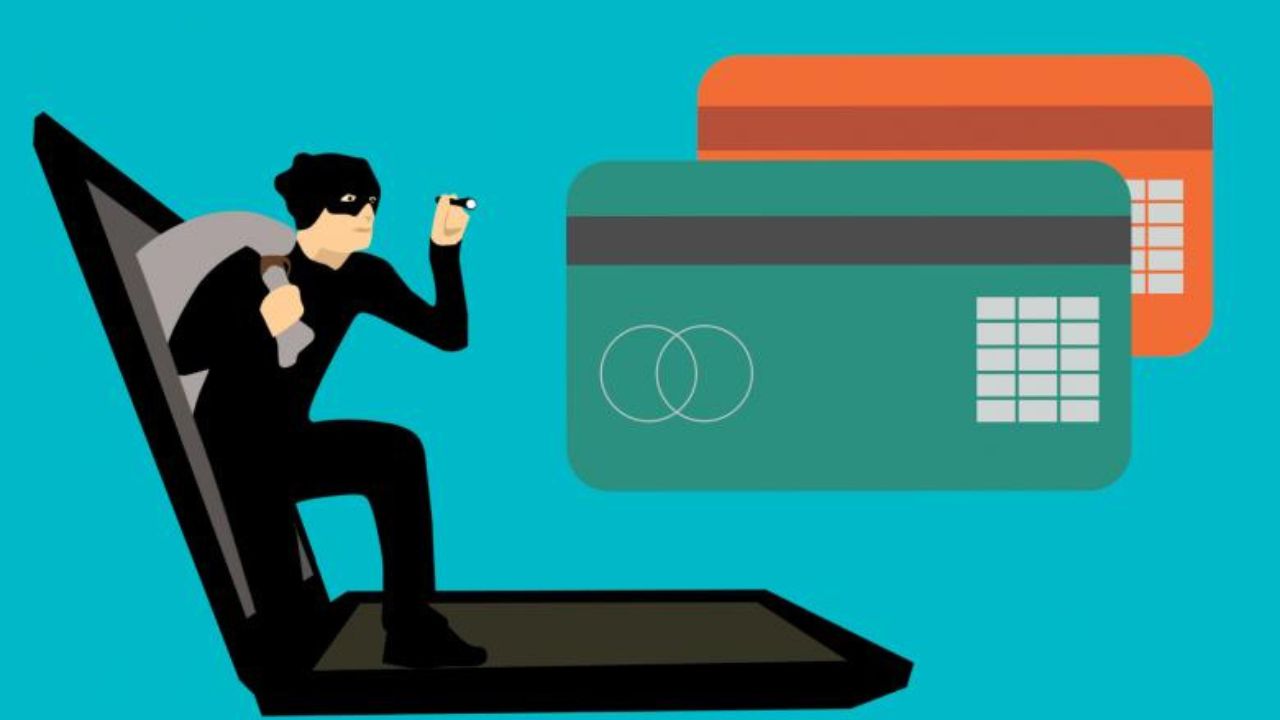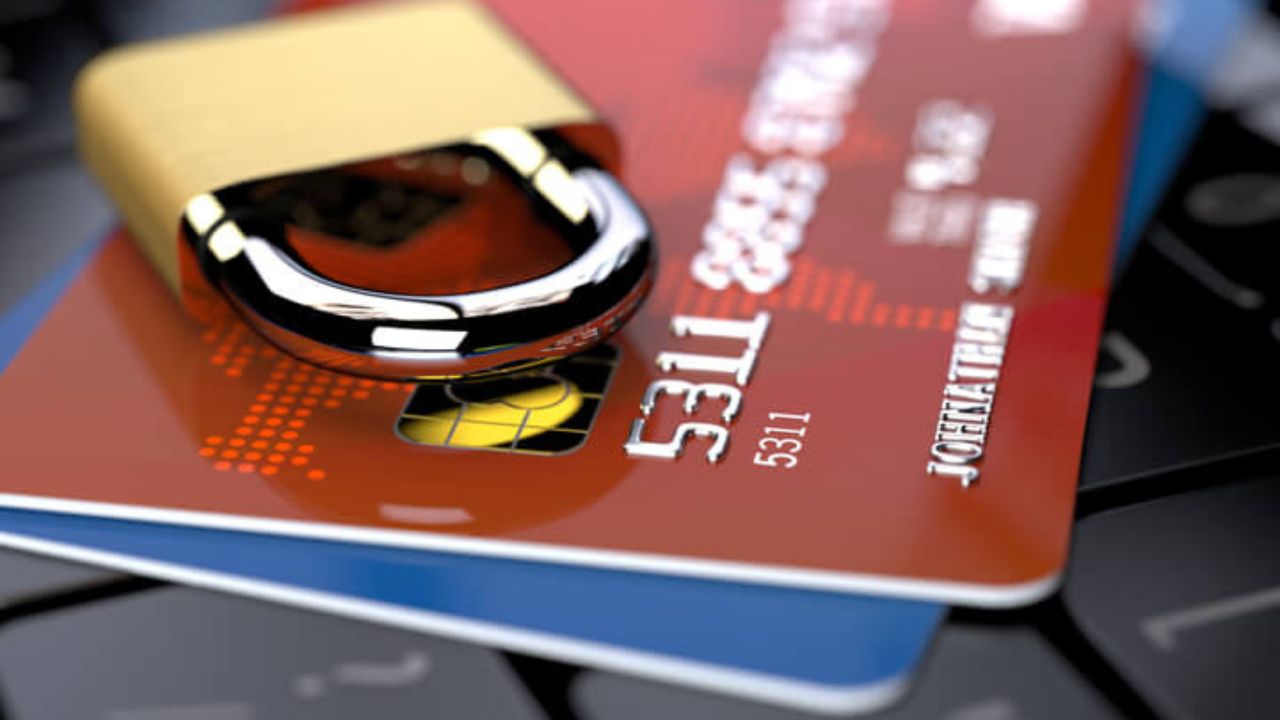What Amount Of Credit Card Fraud Is A Felony? Credit card fraud becomes a felony when the amount involved exceeds $1,000, or when it involves certain aggravating factors such as identity theft.
Credit card fraud is a growing problem that affects millions of people every year, whether through stolen card details, unauthorized transactions, or larger, more complex schemes targeting businesses and individuals.
Understanding when credit card fraud escalates to a felony is crucial for both consumers who want to protect themselves and for individuals who may inadvertently find themselves involved in a legal mess.
In this article, we will explore the details of credit card fraud, when it becomes a felony, the legal factors influencing felony charges, and the penalties that follow such a conviction. [What Amount Of Credit Card Fraud Is A Felony?]
Contents
What Is Credit Card Fraud?
Credit card fraud is an illegal act in which someone uses a credit card (or its information) without permission to make purchases or access funds.
This can occur in several ways, from the theft of physical cards to hacking into online accounts and using the stolen details for unauthorized transactions.
Credit card fraud can also involve more sophisticated methods like identity theft and creating fake cards that can be used for purchases.
Common Types of Credit Card Fraud
- Stolen Card Information: In many cases, fraudsters gain access to someone else’s credit card details through various means, such as physical theft, hacking, or using skimming devices that capture data from magnetic strips. [What Amount Of Credit Card Fraud Is A Felony?]
- Fraudulent Transactions: Fraudulent transactions refer to unauthorized purchases made using stolen credit card information. This can happen online or in physical stores, where fraudsters create fake credit cards or use stolen credentials to make unauthorized purchases.
- Counterfeit Cards: Sometimes, criminals will use stolen data to create counterfeit credit cards. This can be a complex process, as fraudsters use high-tech equipment to produce cards that appear legitimate, which can then be used for purchases without the rightful cardholder’s consent.
While all forms of credit card fraud are illegal, the severity of the crime depends largely on the amount of money involved, the circumstances surrounding the fraud, and the offender’s prior criminal history.
When Does Credit Card Fraud Become a Felony?
The threshold for credit card fraud to be classified as a felony is largely determined by the amount of money involved, but other legal factors also contribute to the decision. [What Amount Of Credit Card Fraud Is A Felony?]
In general, credit card fraud becomes a felony when the amount stolen exceeds $1,000. However, even if the total value of the fraud is lower, certain aggravating factors can cause the crime to escalate into a felony.
Amount Involved
The most straightforward factor in determining whether credit card fraud is classified as a felony is the amount involved. Most legal systems, both at the state and federal level, set a monetary threshold that differentiates misdemeanors from felonies.
Typically, credit card fraud becomes a felony when the amount involved exceeds $1,000. When the fraud involves less money, it may still be a serious crime, but it could be classified as a misdemeanor, which carries lighter penalties.
In some jurisdictions, the threshold for felony charges may be higher or lower. For example, some states might classify fraud over $500 as a felony, while others reserve felony status for fraud amounts exceeding $2,500. Regardless of the exact figure, the more money involved, the more likely the charges will be classified as a felony.
Even in cases where the total amount of stolen funds is below the threshold, other circumstances surrounding the crime can lead to felony charges. [What Amount Of Credit Card Fraud Is A Felony?]
For example, if the fraud was committed using stolen identities or involved multiple victims, it could still be considered a felony despite the amount being below the typical felony threshold.
Aggravating Factors
Besides the dollar amount, other aggravating factors can push credit card fraud into felony territory. These include:
- Identity Theft: If the fraudster steals personal identifying information (e.g., Social Security numbers, addresses, or other personally identifiable information), it can elevate the seriousness of the crime. Identity theft is often treated as a separate crime that compounds the fraud charges, making the offense more severe and more likely to be classified as a felony.
- Use of Multiple Stolen Credit Cards: When someone is caught using multiple stolen credit cards, especially from different victims, it may indicate a larger-scale operation, leading to felony charges. The more cards involved, the more significant the fraud is perceived to be, warranting higher penalties. [What Amount Of Credit Card Fraud Is A Felony?]
- Previous Criminal Record: A defendant’s criminal history can impact the classification of the crime. Repeat offenders or individuals with prior convictions for credit card fraud are more likely to face felony charges, regardless of the amount involved. This is because prior convictions may demonstrate a pattern of criminal behavior that warrants harsher penalties.
- Fraud Involving Organized Crime: When credit card fraud is part of a larger organized crime ring or network, the case is typically treated more severely. Organized operations that involve multiple people or sophisticated schemes to commit fraud can result in felony charges, even for crimes that might not seem significant on their own.

Legal Factors That Determine Felony Status
While the amount of money stolen and aggravating factors play a key role in determining whether credit card fraud is classified as a felony, state laws also influence this decision. Each state has its own rules and definitions for criminal offenses, which means that the same act of credit card fraud could be classified differently depending on where it is committed.
State-Specific Laws
While federal law sets certain guidelines for the classification of credit card fraud, states have their own laws that govern how such crimes are prosecuted.
In some states, the amount needed for credit card fraud to be classified as a felony is higher or lower than the federal threshold. For instance, in some jurisdictions, a defendant may face felony charges for fraud involving amounts as low as $500 or as high as $2,500.
Additionally, some states may have stricter penalties for fraud involving certain types of credit cards, like government-issued cards or those used in identity theft schemes.
A defendant’s location can significantly affect the severity of their charges and the penalties they face. [What Amount Of Credit Card Fraud Is A Felony?]
Severity of the Crime
The severity of the crime is another factor considered by courts in determining felony status. Courts may look at the extent of the harm caused to the victim, the number of victims involved, and the sophistication of the fraud.
If the fraud was especially harmful to the victim, or if it involved particularly deceptive methods (such as hacking into multiple accounts), the defendant could face felony charges, regardless of the amount of money stolen.
Penalties for Felony Credit Card Fraud
When someone is convicted of felony credit card fraud, the penalties are much more severe than those for misdemeanors. [What Amount Of Credit Card Fraud Is A Felony?]
These penalties can include fines, restitution, and prison sentences, depending on the amount of money involved, the defendant’s criminal history, and other factors.
Fines and Restitution
A person convicted of felony credit card fraud can be required to pay substantial fines as part of their punishment. These fines can vary but are often in the range of several thousand dollars. In addition to fines, courts may order restitution.
Restitution is a payment made to the victims of the fraud to reimburse them for the stolen funds or goods. The amount of restitution can be as high as the total amount of fraud committed, requiring the offender to pay back everything they stole.
Imprisonment
In addition to financial penalties, felony credit card fraud often carries imprisonment as a consequence. Depending on the severity of the crime and the amount stolen, prison sentences can range from several months to several years.
For serious cases involving large amounts of money, organized crime, or repeat offenses, sentences can be quite long, sometimes exceeding 10 years.
Other Consequences
Beyond fines and prison time, a felony conviction for credit card fraud can have long-lasting consequences. [What Amount Of Credit Card Fraud Is A Felony?]
Criminal records can make it difficult for individuals to find employment, rent housing, or obtain loans. A conviction may also result in the loss of certain rights, such as the right to vote or own firearms.
See Also: What Is ERAC Toll on My Credit Card? Explained
How to Avoid Being Charged with Felony Credit Card Fraud
While it’s essential to understand when credit card fraud becomes a felony, it’s equally important to take steps to avoid being charged with fraud in the first place. Here are some practical tips to protect yourself:
Tips for Protecting Your Credit Card Information
- Monitor Your Accounts Regularly: Keep an eye on your credit card statements and account activity. Catching fraud early can help minimize its impact and prevent it from escalating. [What Amount Of Credit Card Fraud Is A Felony?]
- Use Strong, Unique Passwords: For online accounts, use strong passwords that are difficult to guess. Avoid using the same password for multiple accounts, and consider using two-factor authentication.
- Report Suspicious Activity Immediately: If you notice any suspicious activity on your accounts, report it to your credit card company or bank immediately. Quick reporting can help prevent further damage and may help avoid legal complications.
What to Do if You’re Accused of Fraud
If you find yourself accused of credit card fraud, it’s crucial to act swiftly. Contact an attorney who specializes in criminal defense and credit card fraud cases to ensure that your rights are protected.
Even if the charges seem minor, fraud charges can have significant consequences, so it’s important to have professional legal representation to help you navigate the process.
Conclusion: What Amount Of Credit Card Fraud Is A Felony?
Credit card fraud is a serious crime, and understanding when it becomes a felony is crucial for anyone who uses credit cards or is involved in financial transactions. [What Amount Of Credit Card Fraud Is A Felony?]
By recognizing the legal thresholds for felony charges, as well as the factors that contribute to the severity of a fraud case, you can better protect yourself and others.
Whether you’re trying to avoid committing fraud, dealing with accusations, or simply want to stay informed, understanding the ins and outs of credit card fraud is vital in today’s digital world.
FAQs
How much money can you steal before it’s a felony?
Credit card fraud generally becomes a felony when the stolen amount exceeds $1,000. However, factors like prior convictions or organized crime involvement can influence felony charges.
What happens if you accidentally commit credit card fraud?
Even accidental fraud can lead to legal consequences. It’s essential to report any unauthorized transactions immediately to minimize the legal fallout.
Can you be convicted of credit card fraud without using the card?
Yes, you can be convicted of credit card fraud without directly using a stolen card, especially if you use stolen credit card details for unauthorized transactions. [What Amount Of Credit Card Fraud Is A Felony?]
How do states differ in prosecuting credit card fraud felonies?
Each state has its own laws and thresholds for classifying credit card fraud as a felony. State laws can influence penalties and the approach to prosecuting these cases.

Xzavier McGuire is a finance expert, blogger, and author from New York. He recently graduated in finance and writes about loans, credit cards, and money management. Xzavier helps people understand finance and make smart financial decisions.

